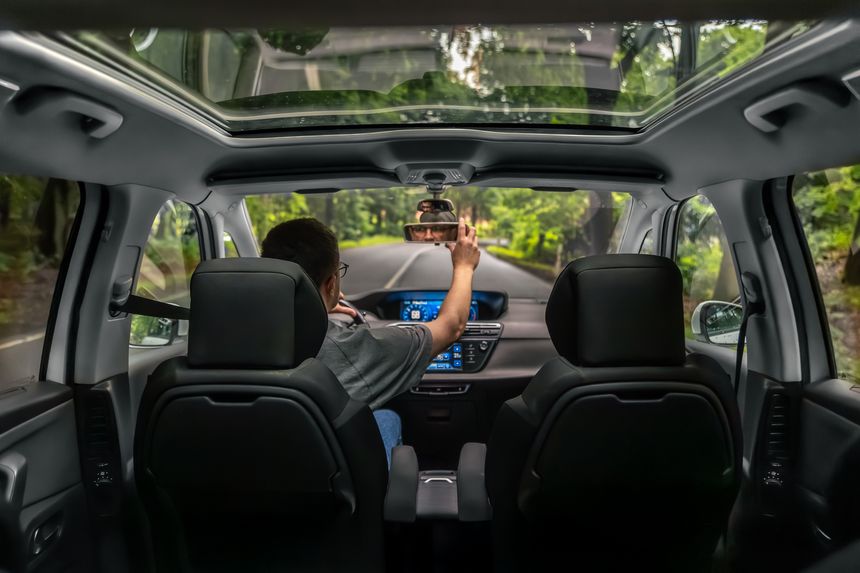On 2 April 2020, following referral by the Swedish Supreme Court, the CJEU ruled in Stim and SAMI (C-753/18) that hiring out a car fitted with a radio did not constitute a communication to the public and therefore did not infringe either Article 3(1) of the Copyright Directive or Article 8(2) of the Rental and Lending Directive.
Previous CJEU decisions have considered whether playing music or films in hotel bedrooms (C-162/10), health spa rooms (C-351/12) and a dentist’s waiting room (C-135/10) were a ‘communication to the public’. These proceedings concerned two Swedish music collective rights organisations (Stim and SAMI) and two car hire companies (Fleetmanager Sweden AB and Nordisk Biluthyrning AB), the latter who offered, directly or through intermediaries, rental cars which were (unsurprisingly) fitted with radios by the car manufacturers. Did hiring out cars equipped with radio receivers in these circumstances constitute a communication to the public by the car hire companies?
It has long been established that for there to be a communication to the public there must be:
(1) an 'act of communication' of a protected work; and
(2) the communication must be to 'a public'.
In this case, Stim and SAMI were unable to satisfy the first requirement. The CJEU referred to Recital 27 of the Copyright Directive which provides that:
“The mere provision of physical facilities for enabling or making a communication does not in itself amount to communication within the meaning of this Directive.”
In other words, for a ‘communication act’ the importance of the user’s actions is significant. The user must deliberately intervene to provide access to protected work, in full knowledge of the consequences of their behaviour. In this case, the car hire companies supplied rental cars with integrated radios from the manufacturers which, without the intervention of the car hire companies, could capture radio broadcasts. So the provision of a radio, without any further action, was not in of itself a communication act. The CJEU did not have to consider the second requirement of ‘a public’.
Companies should carefully consider whether their actions could be seen as deliberate interventions that provide access to copyright works. In particular, the CJEU contrasted the facts in Stim and SAMI to a situation where service providers intentionally broadcast copyright works to their customers by distributing a signal by means of receivers which they have installed in their premises. So ask yourself, what are you listening to?



/Passle/5badda5844de890788b571ce/SearchServiceImages/2026-02-27-10-00-42-793-69a16b4a5417270d30abaacc.jpg)
/Passle/5badda5844de890788b571ce/SearchServiceImages/2026-02-19-17-31-35-766-699748f7ff07facd13d14806.jpg)
/Passle/5badda5844de890788b571ce/SearchServiceImages/2026-02-19-11-07-54-737-6996ef0ae26d413e49178ca3.jpg)
/Passle/5badda5844de890788b571ce/SearchServiceImages/2026-02-18-15-18-47-604-6995d857b56f40119c97e795.jpg)